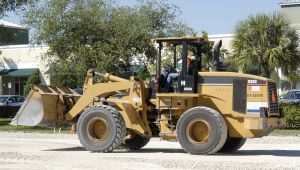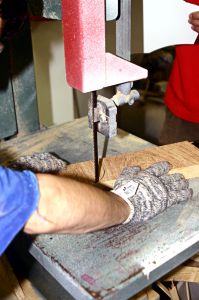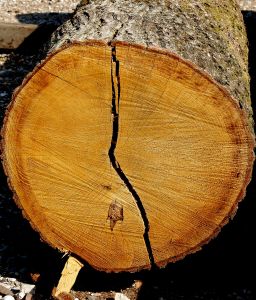An employee at a waste disposal company was killed in what appears to be an industrial accident in Peabody, Massachusetts, according to a recent news article from the Eagle Tribune.
 Authorities say victim was working a Friday morning shift when he was run over by a front-loader. The accident occurred at the waste management facility just north of Route 1. After being struck, victim was not breathing and had no pulse. He died only minutes after being struck. Police declined to give more specifics about the injuries, only saying they were very serious and resulted in employee’s work-related death.
Authorities say victim was working a Friday morning shift when he was run over by a front-loader. The accident occurred at the waste management facility just north of Route 1. After being struck, victim was not breathing and had no pulse. He died only minutes after being struck. Police declined to give more specifics about the injuries, only saying they were very serious and resulted in employee’s work-related death.
While Massachusetts police and the United States Occupational Safety and Health Administration (OSHA) continue to investigate this fatal industrial accident, the district attorney has stated that it appears to be purely an accident and does not plan to file any criminal charges against the employer or driver of the front-loader.
Continue reading
 Massachusetts Workers Compensation Lawyers Blog
Massachusetts Workers Compensation Lawyers Blog


 According to the United States Occupational Safety and Health Administration (
According to the United States Occupational Safety and Health Administration ( OSHA inspectors discovered that a conveyor belt’s rotating parts were not properly guarded to prevent the hands and fingers of workers from getting caught in the mechanism. Conditions similar to this have been known to cause pinched hands and fingers, crushed or amputated hands and fingers, contusions and nerve damage. The law requires these conveyor belt systems be properly guarded so no part of an employee’s body can come into contact with moving machinery.
OSHA inspectors discovered that a conveyor belt’s rotating parts were not properly guarded to prevent the hands and fingers of workers from getting caught in the mechanism. Conditions similar to this have been known to cause pinched hands and fingers, crushed or amputated hands and fingers, contusions and nerve damage. The law requires these conveyor belt systems be properly guarded so no part of an employee’s body can come into contact with moving machinery. According to a recent news article in the
According to a recent news article in the  The employee was rushed to a local Boston hospital following his workplace accident. His condition has not been released, and authorities do not yet know what caused the fall to occur.
The employee was rushed to a local Boston hospital following his workplace accident. His condition has not been released, and authorities do not yet know what caused the fall to occur. The two men were attending a sales meeting at local golf course with representatives from their respective sales accounts. Defendant was driving a golf cart in which plaintiff was riding as a passenger when defendant lost control of the car and crashed into a retaining wall near hole six. Both men were thrown clear of the cart, and plaintiff injured his shoulder.
The two men were attending a sales meeting at local golf course with representatives from their respective sales accounts. Defendant was driving a golf cart in which plaintiff was riding as a passenger when defendant lost control of the car and crashed into a retaining wall near hole six. Both men were thrown clear of the cart, and plaintiff injured his shoulder. It has been reported that the worker was a full-time machine operator who was crushed between an activated transfer paddle and an electrical box. The worker suffered multiple fractures to his pelvis and was seriously injured.
It has been reported that the worker was a full-time machine operator who was crushed between an activated transfer paddle and an electrical box. The worker suffered multiple fractures to his pelvis and was seriously injured. In 1991, he stopped working in the mines due a knee injury. The following year, he was found to be totally disabled due to respiratory problems. In 2008, after receiving workers’ compensation benefits for years from the Federal Employee’s Compensation Act (FECA), he applied for benefits from the Black Lung Benefits Act (BLBA) fund. Throughout out his time on the job, he was constantly exposed to coal dust.
In 1991, he stopped working in the mines due a knee injury. The following year, he was found to be totally disabled due to respiratory problems. In 2008, after receiving workers’ compensation benefits for years from the Federal Employee’s Compensation Act (FECA), he applied for benefits from the Black Lung Benefits Act (BLBA) fund. Throughout out his time on the job, he was constantly exposed to coal dust. Witnesses report that a large piece of wood was kicked out of the chipper and hit the worker in the back. The piece of wood was reported to approximately two feet long and a foot wide.
Witnesses report that a large piece of wood was kicked out of the chipper and hit the worker in the back. The piece of wood was reported to approximately two feet long and a foot wide. In a recent
In a recent